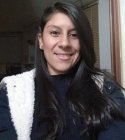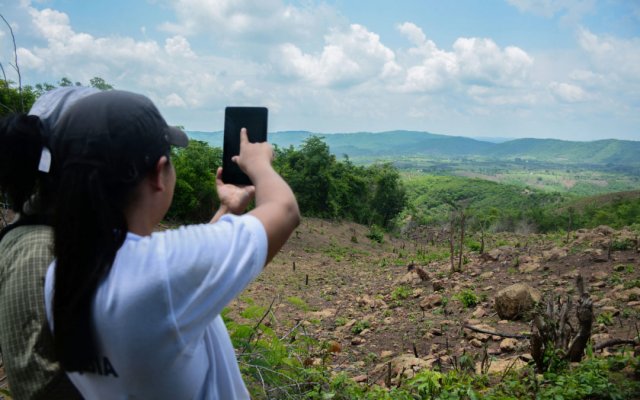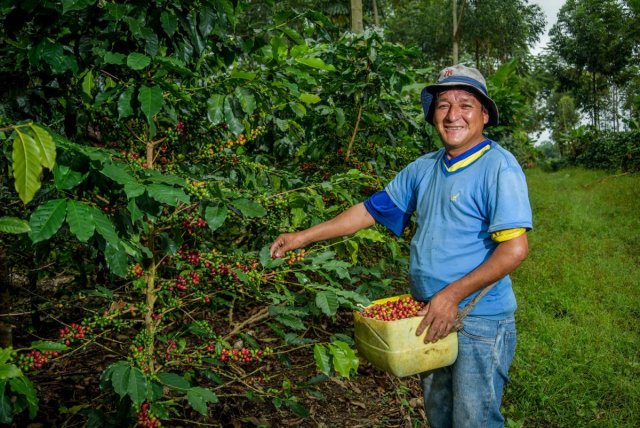Educational and Early Career
I hold a degree in Agricultural Engineering from the National University of Colombia. After completing my undergraduate studies, I ventured into the realm of environmental research with the Alliance Bioversity & CIAT in Cali, Colombia. My 6-month internship with this research center allowed me to work as a research engineer for 7 years. During this period, I played a pivotal role in a diverse array of projects, ranging from the monitoring of deforestation in Latin America using remote sensing and GIS techniques to active involvement in initiatives aimed at restoring and converting agricultural landscapes into sustainable ecosystems in the Amazon Ecoregion. The overarching objective was to closely monitor and enhance the connectivity of the remaining primary forest within the fragmented landscapes of the Amazon.
In parallel with my professional endeavors, I pursued a 2-year master’s degree in Geographic Information Systems at San Francisco University in Quito, Ecuador. Subsequently, this degree was internationally accredited with one more year of master’s degree by the University of Salzburg, culminating in the attainment of a dual Master of Science degree in Geography and Geographic Information Systems.








